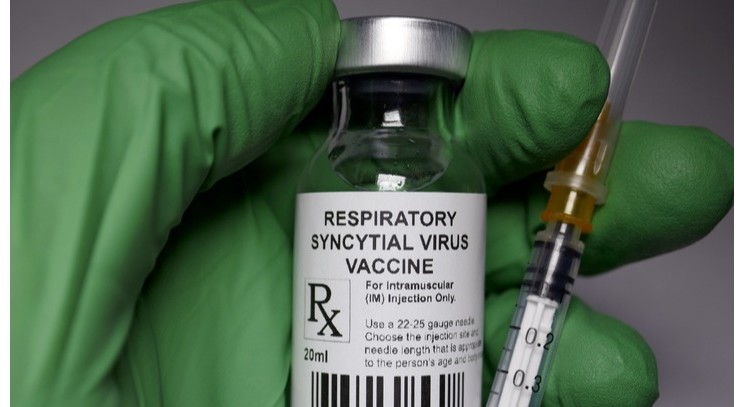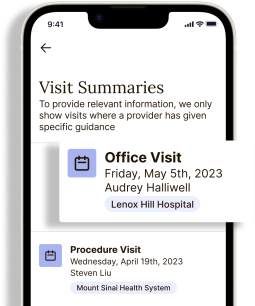RSV vaccination
The CDC recommends respiratory syncytial virus (RSV) vaccination for those aged 60 and older. In June 2023, GSK Arexvy and Pfizer Abrysvo vaccines were approved by the FDA for use in older adults. The best time to get the vaccination is late summer to early fall before RSV usually starts to spread in the community.
RSV vaccination can help protect your loved one from getting very sick with RSV. One dose protects against RSV in adults aged 60 and older for at least two winter seasons when RSV normally circulates. They are well over 80% effective in preventing lung infections in the first year and are still well over 50% effective in the second year.
RSV vaccination side effects
Side effects such as pain, redness, and swelling at the injection site, fatigue, fever, headache, nausea, diarrhea, and muscle or joint pain are possible after RSV vaccination. These side effects are usually mild and do not last long.
What it is
RSV is a common respiratory virus that can cause mild to severe respiratory illness, particularly in older adults (and young children). RSV typically spreads through respiratory droplets when an infected person coughs or sneezes, or by touching surfaces contaminated with the virus and then touching the face. The virus can survive on surfaces for several hours, making it easy to spread in communal living settings and healthcare facilities.
RSV can cause significant respiratory illness in older adults, especially those aged 65 years and older or those with underlying health conditions such as heart or lung disease. RSV infections in older adults may present as severe pneumonia, exacerbation of chronic obstructive pulmonary disease (COPD), or exacerbation of heart failure.
Between 60,000 - 160,000 older adults in the U.S. are hospitalized and 6,000 - 10,000 die due to RSV infection. Adults at highest risk for severe RSV infection have:
chronic heart or lung disease
weakened immune systems
certain other underlying medical conditions (diabetes, kidney or liver disorders)
frailty or advanced age (75+)
live in nursing homes or other long-term care facilities
Important preventive measures
There is no specific treatment for RSV infections, and most cases resolve on their own with supportive care such as rest, hydration, and over-the-counter medications to relieve symptoms. In severe cases, hospitalization and supportive treatments such as supplemental oxygen or mechanical ventilation may be necessary, particularly in infants, older adults, and immunocompromised individuals.
In addition to vaccination, preventive measures to reduce the spread of RSV among older adults include:
frequent handwashing
avoiding touching the face with unwashed hands
avoiding close contact with sick individuals, especially grandchildren who attend daycare
covering coughs and sneezes
regularly disinfecting frequently touched surfaces
staying home when sick
Talk to your loved one's healthcare provider about whether the RSV vaccine is appropriate for them, especially if your loved one resides in a nursing home or spends a significant amount of time in healthcare facilities.




